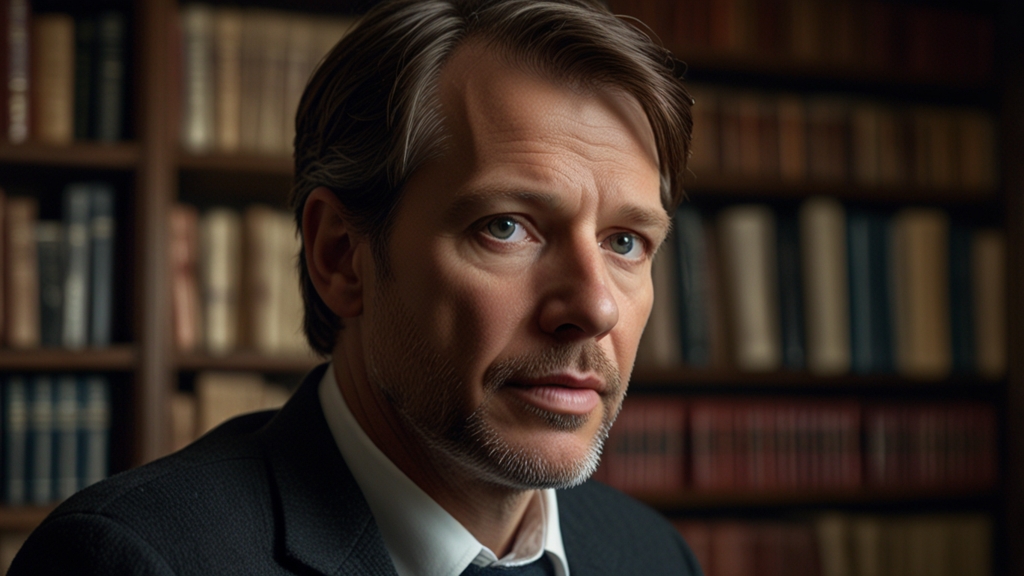Introduction
Our modern world, with its advanced technology, complex social structures, and rich cultural diversity, is deeply rooted in the achievements and innovations of ancient civilizations. From governance structures to scientific advancements, the bedrock of modern society has been profoundly shaped by historical precursors. This article explores how ancient civilizations have influenced contemporary life in various domains.
Governance and Law
One of the most persistent legacies of ancient civilizations is their influence on modern governance and legal systems. The concept of democracy, widely attributed to ancient Greece, particularly Athens, has become a cornerstone of contemporary political systems. The idea of citizens participating in decision-making processes has evolved but remains fundamentally linked to its Greek origins.
The Athenian democracy was direct, where citizens could vote on laws and policies themselves. This contrasts with today’s representative democracies, yet the spirit of citizen involvement is retained.
Similarly, the Roman Republic’s legal system laid the groundwork for many modern legal principles. Roman law’s codification, transparency, and the concept of ‘innocent until proven guilty’ are now universal judicial standards.
Scientific Advancements
Ancient civilizations were pioneers in scientific thought and technological innovation, setting a foundation that modern science continues to build upon. The Egyptians, for example, were skilled in medicine, with practices that informed later medical knowledge.
The Edwin Smith Papyrus, dating back to around 1600 BCE, is one of the oldest medical texts, detailing surgical practices and remedies that reflect a surprisingly advanced understanding of the human body.
Likewise, the Greeks made significant contributions to various scientific fields. Figures such as Archimedes and Hippocrates laid early groundwork in physics, engineering, and medicine, influencing subsequent scientific endeavors. The early work on geometry and astronomy by Pythagoras and Euclid formed the basics that continue to underpin these scientific disciplines today.
Philosophy and Ethics
Western philosophical thought has been significantly shaped by ancient Greek philosophers like Socrates, Plato, and Aristotle. Their inquiries into ethics, metaphysics, and epistemology set the stage for modern philosophical discourse. The Socratic method of questioning is still widely used in educational settings to foster critical thinking and dialogue.
Moreover, ancient Eastern philosophies have also played a crucial role. Confucianism, with its emphasis on morality, familial respect, and societal harmony, influences East Asian cultures even today. Similarly, the teachings of Buddha have permeated various aspects of life and thought far beyond their origin in ancient India.
Art and Architecture
The art and architecture of ancient civilizations continue to inspire contemporary aesthetics and urban design. The elegance of Greek temples, the grandeur of Roman amphitheaters, and the intricate detail of Egyptian pyramids and tombs showcase a blend of functionality and beauty that modern architecture strives to replicate and refine.
The Parthenon's use of symmetry and proportion has influenced Western architectural standards, leading to the adoption of these classical elements in various public buildings like museums, universities, and government institutions.
Furthermore, ancient art, including sculptures, paintings, and pottery, has led to a continuous evolution of artistic techniques and styles. The Renaissance, a period known for a revival of classical learning and wisdom, was heavily influenced by the art and literature of ancient Greece and Rome.
Conclusion
In summary, the achievements of ancient civilizations form the scaffolding upon which modern society is built. From the early forms of democratic governance and foundational legal systems to pioneering scientific discoveries and timeless philosophical insights, the imprint of ancient cultures is indelible and omnipresent. As we advance further into the future, recognizing and understanding these contributions not only enriches our historical perspective but also guides us in building a more informed and harmonious world.









